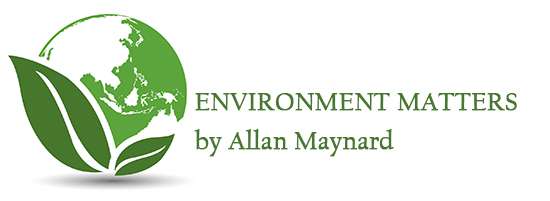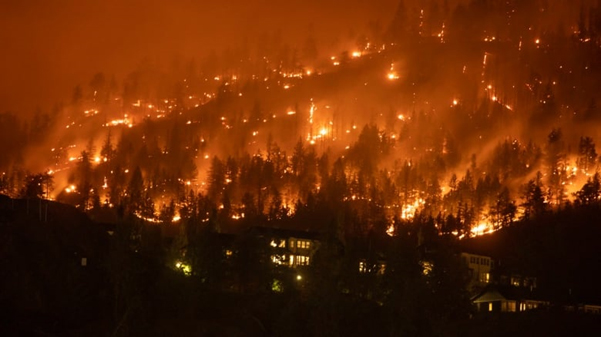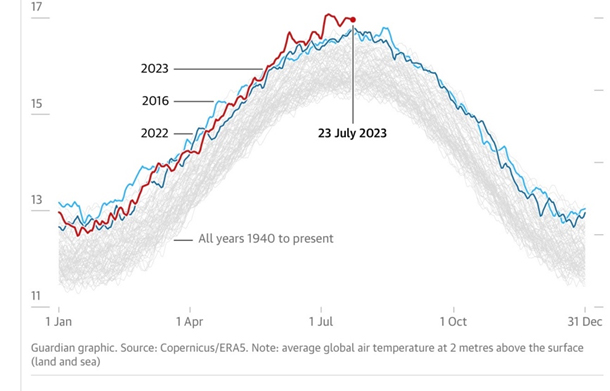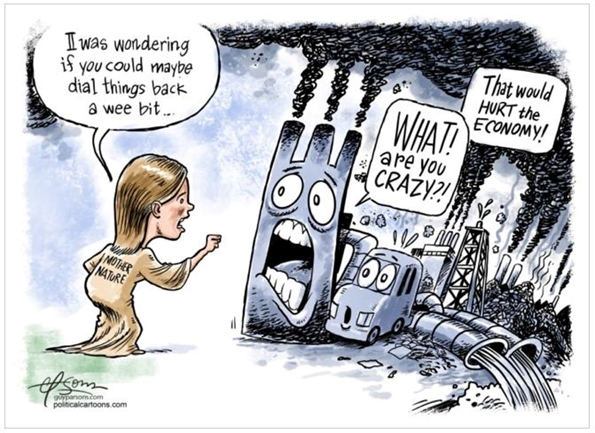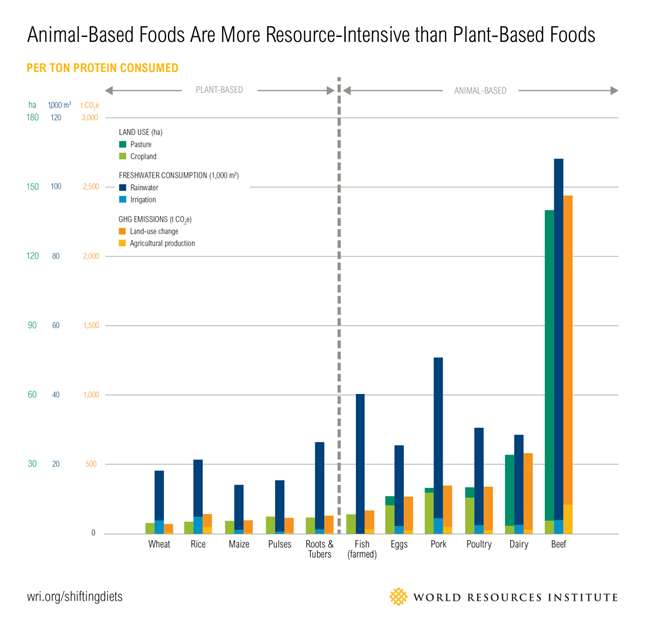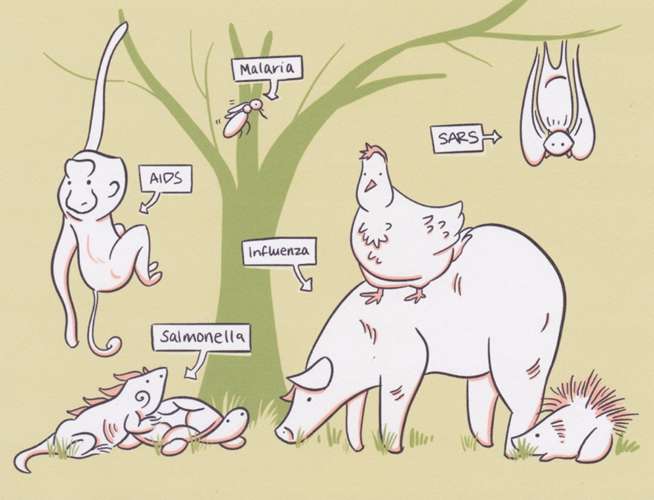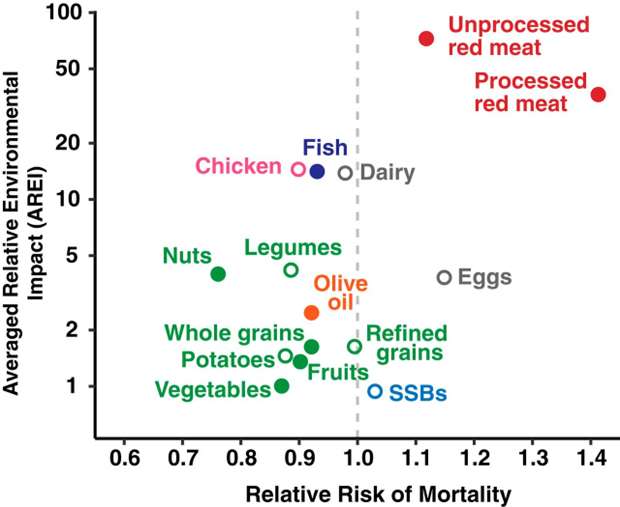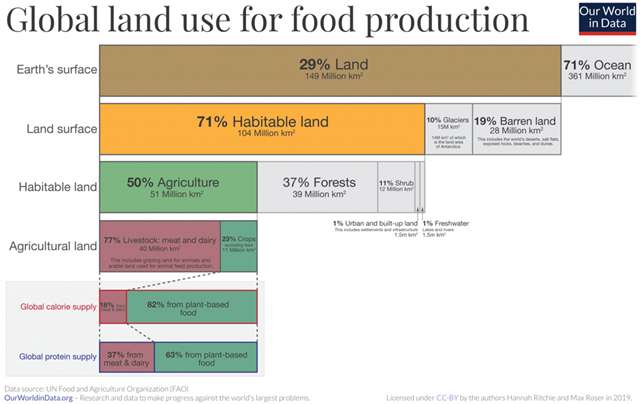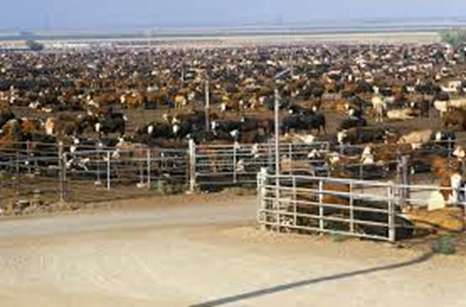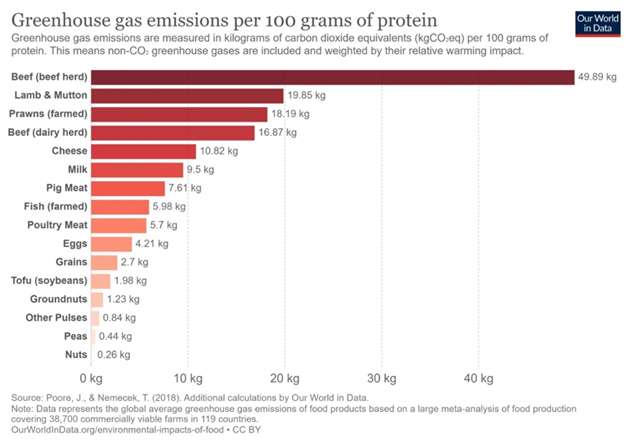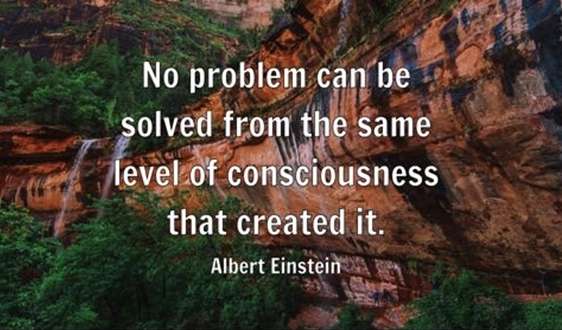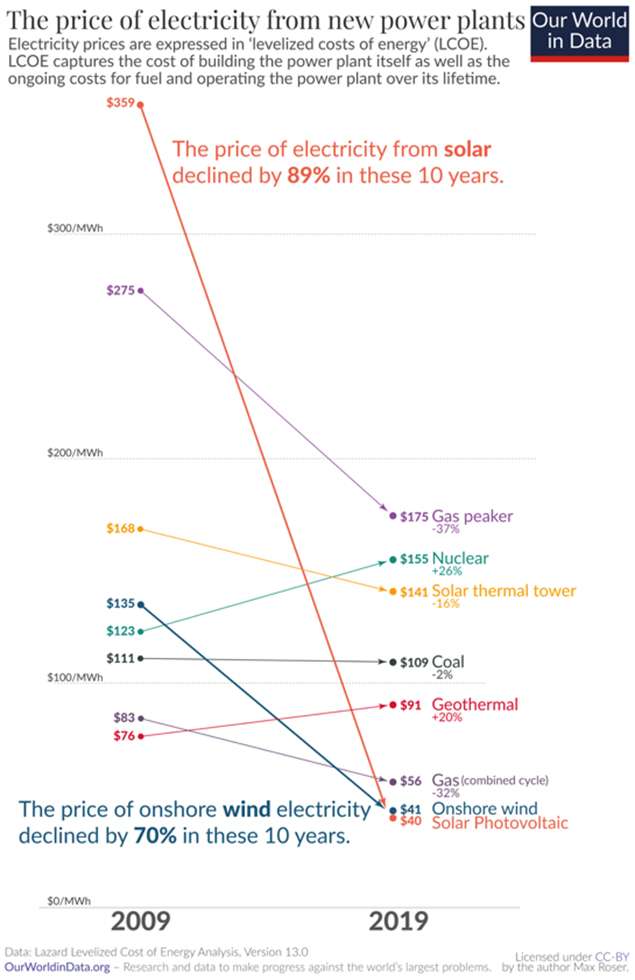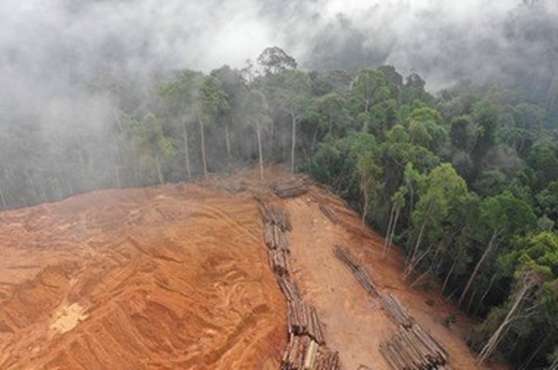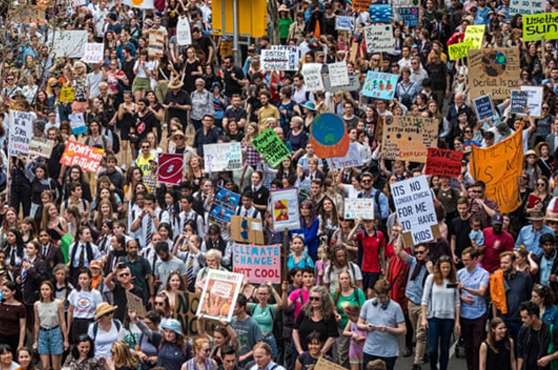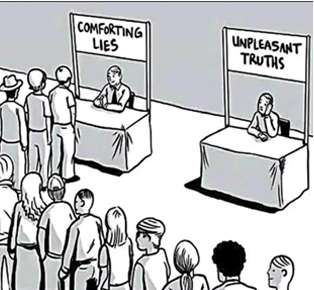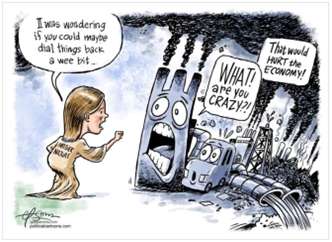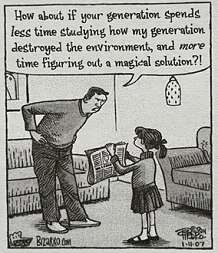Wild Fires Show How Our Planet is in Peril
Homes are pictured near the McDougall Creek Wildfire as it burns in West Kelowna, B.C. on Friday, Aug. 18, 2023.
Wildfires Show How Our Planet is in Peril – Why Then is There a Political Divide?
Humanity is in the hot seat; humans are the cause. On this, there is universal consensus among scientists. Unfortunately, this does not translate into political consensus. If fact it is quite the opposite.
Headlines from the media scream out the urgency. ‘Era of Global Boiling’ // ‘Antarctica Missing and Argentina-Sized Amount of Sea Ice’ // “Florida Records Unprecedented ‘Hot Tub’ Temperatures” // ‘European Weather: Blistering Cerberus Heat Wave’ // ‘Canada Experiences Worst Fire Season on Record’ // Maui Fires Leave a Trail of Death and Destruction//Yellowknife – Entire City Evacuated. These are not “sky is falling” headlines but most often from quotes by climate scientists.
These are but a few of the headlines we are seeing daily. July has now been confirmed as the hottest month in recorded history (see graph). Smoke from Canada’s plagued northeastern cities in Canada and the USA forcing millions to avoid being outside. Deaths from heat stroke are at an all-time high around the world. Already, around 600 million people have been stranded in inhospitable conditions by global heating. The death toll from the Maui fires is over 100 and growing each day as the houses are searched. Any kind of denial about the reality climate change has been burned to a crisp.
THE SCIENCE – THEN AND NOW
Scientific Consensus: The human-caused global warming is undeniably the main factor in causing the deadly heatwaves and significantly amplifies the resulting extreme climate events, that have struck our planet this year. This is clearly stated in the landmark report published on in March 2023 by the Intergovernmental Panel on Climate Change (IPCC), assembled by the world’s foremost climate experts, approved by all the world’s governments and endorsed by all national science academies and associations. The all-important scientific consensus is discussed in this article – https://www.environmentmatters.ca/climate-change-facing-reality-debunking-misinformation/
The report is clear. “There is a rapidly closing window of opportunity to secure a liveable and sustainable future for all.”
Extreme Frustration: The major frustration for scientists around the world is the fact that these climate events were predicted decades ago – in some cases even coming from individuals within fossil fuel industry research departments. https://www.environmentmatters.ca/climate-change-industry-knew-this-was-coming-2/
Some events exceed predictions: What is even more worrisome is that some of the events occurring in the past 2 years have been worse or have arrived sooner than even the direst predictions. These include, but are not limited to, the rapid rise in ocean temperatures, the massive loss of Antarctic Sea Ice, and the rapid weakening of the Gulf Stream.
CAPITAL, POLITICS AND US
There are many more examples that could be provided. I am certain most readers or watchers of the news cycles are aware of the unprecedented challenges that humanity faces. The question then becomes – WHY ARE WE MOVING SO SLOWLY TO DEAL WITH THESE CHALLENGES. The reasons point to – Capital, Politics and Us.
Capital: There are about 10 times more fossil fuel reserves than can be used if the world is to adhere to no more than 1.5 degrees as agreed upon in the Paris Climate Accord. This equates to more than 1 trillion dollars (US) of fossil fuel assets that will be stranded.
The industry’s response has been predicable. DENIAL, DELAY and DEFLECT. For the fossil fuel industry over the past few decades, climate change denial was a multi-million-dollar endeavour. The goal was to delay action and protect profits for as long as possible. They fought science with junk-science but their message stuck. The denial reports became the salvation for politicians (for the most part from the right-wing parties around the world) who lacked the courage to confront the global warming threat, or even worse bowed to the wishes of their mega-donors.
https://www.environmentmatters.ca/climate-change-industry-knew-this-was-coming-2/
Politics: Capital has an outsized influence on politics thus sowing decades of division while the situation worsens. In fact – Capital is rewarded by governments around the world, with subsidies estimated by the World Bank to be 23 million dollars per minute. https://www.theguardian.com/environment/2023/jun/15/vast-fossil-fuel-and-farming-subsidies-causing-environmental-havoc-world-bank
Outright climate change denial no longer resonates given the extreme climate events of the past 5 to 10 years. The messaging is now directed towards attacking climate change solutions — regulations, renewable energy, sustainable cities, sustainable agriculture, and many other necessary endeavours. It’s a nonsensical “the cure is worse than the disease” kind of argument. Social media is co-opted to advance this negative messaging with Meme’s and Bots that make impressions without the need for facts or even context. Once formed, impressions are remarkably perseverant. It is a standard manipulation tactic because unfortunately it works. It’s easy to fall for misinformation, especially when the fake items reinforce preconceived ideas.
This is playing out for all to see in the USA. Since the late 1970s, every Republican administration has rolled back or even reversed any kind of environmental progress that had been previously accomplished. The most infuriating case was the Trump administration’s withdrawal from the Paris Climate Accord, reversing years of careful work and negotiation by scientists, diplomats and politicians. This was followed by an orchestrated evisceration of the EPA – even to the extent of removing any reference to climate change on the agency’s web site and written documents.
Fortunately, the new administration rejoined the Paris Accord and was successful in implementing the boldest US climate and environmental justice bill in US history – strangely called the Inflation Reduction Act (IRA). However – every single Republican voted against the plan and after the midterms there are efforts afoot to the repeal the IRA. Moreover, in the past month an influential right-wing foundation (the Heritage Foundation) funded by big industry has initiated a 22-million-dollar project (as a presidential proposal called Project 2025) to bolster the fossil fuel industry and reverse or even eliminate programs directed towards sustainable energy.
Similar tactics are being observed in Europe. After two years of real progress, a ‘greenlash’ is brewing. In the UK, the ruling Conservative Party is actually campaigning against a net zero goal. In Canada – the political tactic of the Conservative Party is to simply ignore the issue. For the new leader Pierre Poilievre, and his party, the choice is to talk about everything but climate change. In Alberta, the Premier has initiated a moratorium on wind and solar projects.
The most disturbing development in my view though, has been the co-opting of environmental issues into the very irrational ‘culture wars’ engulfing democracies around the world. Companies addressing ESG (Environmental, Social Governance) are being labelled ‘woke capitalists’. (NOTE :: “Woke” seems to be a term that is widely misused as it normally means talking about racial and social justice). Climate scientists and campaigners are being bombarded with claims they are alarmists, communists, shills, woke stooges, global elites, and more. Several state governments have enacted laws that prevents cities from implementing renewable energy building codes. Sadly, it seems that now environmental protection is part of the culture war, neither policy details nor rational arguments matter.
This is unfortunate. The climate crisis is too serious to politicize. The world is facing an existential threat that is universal and requires cooperation within and between countries. We can no longer allow corporations to be unhindered in maximizing shareholder profit while incinerating the planet. We need to remember though – that we – the voters elect our governments. So – what about us?
What about us: From my own readings, I find there is a wide range of emotions and opinions within the electorates of countries around the world – exasperation, anxiety, anger, dismay, dismissal, and even in some cases denial, along with a sense that there’s nothing we can do. Many still see the threat to be distant and far into the future.
Eco- Anxiety is real especially among youth. A global survey in 2021 of 10,000 people between the ages of 16 to 25 revealed that about 60 percent told researchers they felt “very” or “extremely” worried about climate change with nearly 4 in 10, “hesitant to have children”.
My predominant emotion is OUTRAGE– in that these crises were predicted. There’s no question that anger or outrage – especially among our youth, is justified. Society has been conned and lied to for decades – and now we are facing the planet’s fury.
But we are all part of the problem. I believe there is an instinct that some of the needed changes will decrease our quality of life. There is an emerging sense of what many are labelling solution aversion. Some solutions, while absolutely necessary, will be challenging and perhaps even unpalatable – such as a significant price on carbon, the gradual phase out of gasoline and diesel fueled cars, elimination of natural gas in new construction, a proper (significantly higher) cost of animal protein as it becomes decoupled from deforestation, no-car cities, carbon surcharges on flying, elimination of many forms of packaging, extreme restrictions on water use, etc.
Many solutions will be viewed by some as an assault on individual freedoms instead of the need to address the common good. Many politicians are already using these challenges as wedge issues in upcoming elections – attacking climate solutions. For instance – the Conservative Party in Canada has vowed to eliminate the carbon tax without proposing a plan to finance a needed energy transition and without mentioning that the major oil companies around the world are NOT paying a fair share of taxes. https://www.marketforces.org.au/campaigns/subsidies/taxes/taxavoidance/
My hope is that the majority will see this crisis for what is really is and become increasingly informed and in doing so, accept and endorse change even when inconvenient and costly. NOT taking the needed actions will be much more costly and harmful in the near and distant future. This fact is very clear.
Short of donating to environmental organizations, or initiating our own forms of advocacy, the most important action we can individually do is to vote for our future and convince others to do the same. Politics matter. Any politician that does not acknowledge the crises the planet is facing and endorse a legitimate set of plans to deal with climate change and planetary destruction is not fit for office. We all have the power to ensure this happens and to advocate for change.
NOTE
There is a multitude of sources that provide information on reducing environmental impacts of our lifestyles https://news.climate.columbia.edu/2018/12/27/35-ways-reduce-carbon-footprint/
I have not addressed the significant environmental impacts by many non-democratic countries. That is another topic.
